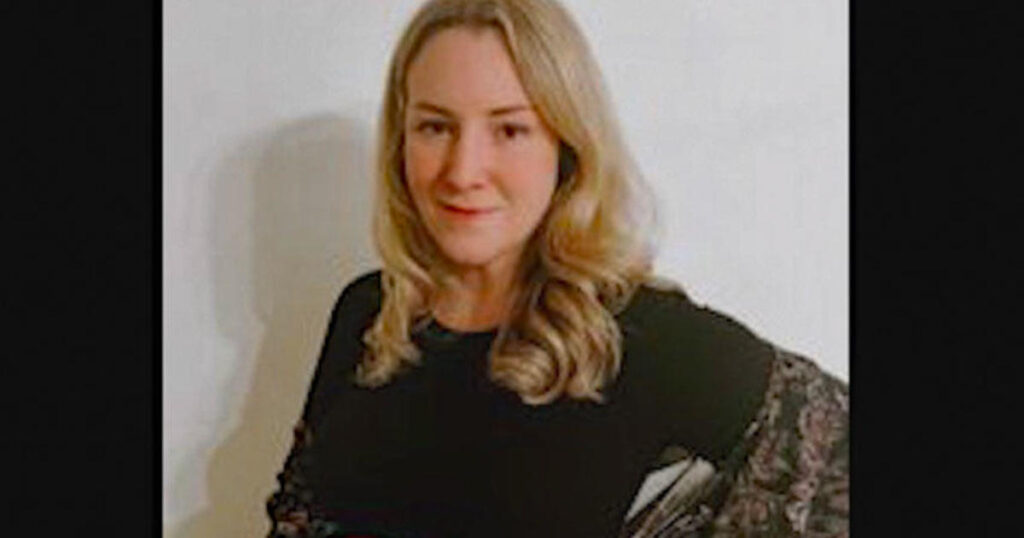Austin, Texas — A Texas woman who had sought a legal medical exemption for an abortion has left the state after the Texas Supreme Court paused a lower court decision that would allow her to have the procedure, lawyers for the Center for Reproductive Rights said Monday.
State District Judge Maya Guerra Gamble last week had ruled that Kate Cox, a 31-year-old mother of two from Dallas, could terminate her pregnancy. According to court documents, Cox’s doctors told her her baby suffered from the chromosomal disorder trisomy 18, which usually results in either stillbirth or an early death of an infant.
In response to Gamble’s decision, Texas Attorney General Ken Paxton warned a Texas medical center that it would face legal consequences if an abortion were performed.
In an unsigned order, the Texas Supreme Court then temporarily paused Gamble’s ruling.
As of the court filing, Cox was 20 weeks pregnant. According to court documents, Cox’s doctors had told her that early screening and ultrasound tests suggested her pregnancy is “unlikely to end with a healthy baby,” and due to her two prior cesarean sections, continuing the pregnancy puts her at risk of “severe complications” that threaten “her life and future fertility.”
The lawsuit alleges that due to Texas’ strict abortion bans, doctors have told her their “hands are tied” and she would have to wait until the fetus dies inside her or carry the pregnancy to term, when she will have to undergo a third C-section “only to watch her baby suffer until death.”
The lawsuit was filed as the state Supreme Court is weighing whether the state’s strict abortion ban is too restrictive for women who suffer from severe pregnancy complications. An Austin judge ruled earlier this year that women who experience extreme complications could be exempt from the ban, but the ruling is on hold while the all-Republican Supreme Court considers the state’s appeal.
In the arguments before the state Supreme Court, the state’s lawyers suggested that a woman who is pregnant and receives a fatal fetal diagnosis could bring a “lawsuit in that specific circumstance.”
Joe Ruiz contributed to this report.
Thanks for reading CBS NEWS.
Create your free account or log in
for more features.

